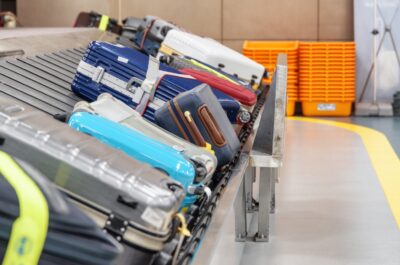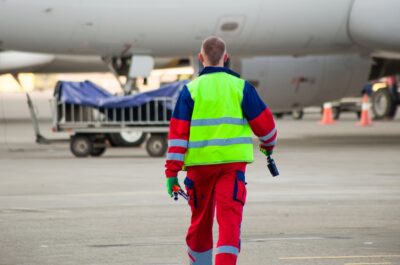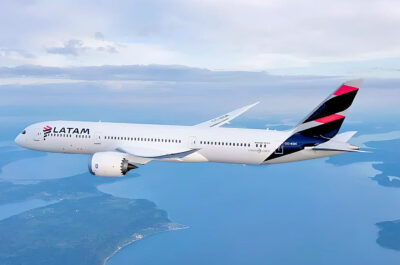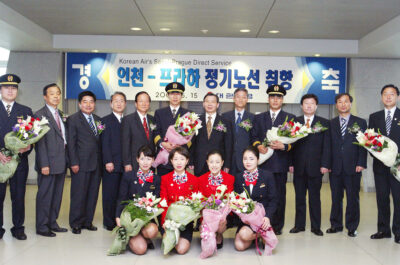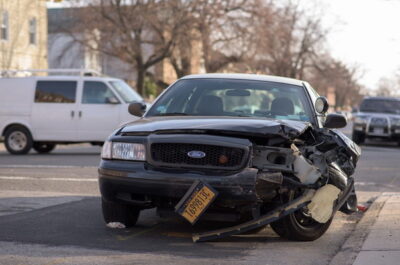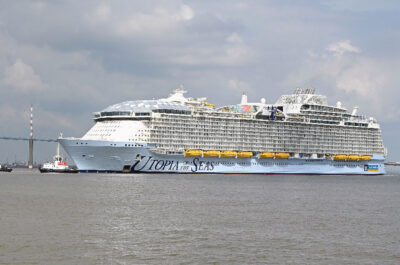HomingPIN uses secure luggage tags which have a unique code linked to the owners’ contact details.
Airline industry association IATA has chosen lost property recovery service HomingPIN as a Strategic Partner, in an effort to reduce the millions of pounds that mislaid baggage costs the industry every year.
HomingPIN uses secure luggage tags which have a unique code linked to the owners’ contact details. Working with air transport industry specialists SITA, the system has been integrated into WorldTracer, operated by 2,200 airports globally, enabling airlines to enter the code to alert passengers to their bags’ whereabouts.
HomingPIN Managing Director Andrew Hopwood explained: “Without any information to identify a bag’s owner, it can take up to six days for airlines to return luggage as they need to match a mislaid bag report with the bag’s description, such as size and colour.
“This delay, along with lack of information as to the bag’s whereabouts, is one of the largest sources of airline complaints, often resulting in compensation. It can also ruin a holiday or business trip, impacting the airline’s relationship with its customers and damaging its reputation in the process.
“By using HomingPIN, travellers will get their luggage back far more quickly, saving considerable time and hassle, as well as cost to the airline.”
According to SITA’s Baggage Report 2013, the cost to the industry of mislaid baggage last year was $2.09 billion/£1.23 billion. Delayed bags accounted for 81% of total mishandled bags.
HomingPIN is available for purchase online from the HomingPIN.com website and selected stockists.
“We are currently in discussions with various airlines interested in using HomingPIN on all their customers’ baggage as they recognise the sizeable benefits of combating this perennial problem,” confirmed HomingPIN Chairman Martin Banbury.
HomingPIN’s Director of Airlines and Airports, Brian Stapleton, presented alongside IATA and SITA at the recent Ground Handling Conference in Kuala Lumpur, introducing the Unique Identifier Service (UIS) tagging system.
Andrew Price, Head of Airport Operations at IATA, added: “Though airlines have invested significantly in improving baggage handling operations, 21.8 million pieces of luggage were still mishandled last year, largely when transferring bags between planes. We are therefore supporting HomingPIN’s approach which will significantly improve communication with the passenger and reduce the time waiting for their bag to reach them.”
HomingPIN is one of the companies that has worked with SITA to develop the UIS system that integrates into WorldTracer. As a result, where the HomingPIN UIS code is entered into the system, the passenger will immediately be sent a text and email telling them where their bag is and what to do about it. The airline will also be told of the bag’s whereabouts, so it can get the bag to where it is meant to be.
HomingPIN, a UK company with headquarters near Stansted, along with offices in New York, Dublin, Melbourne (Australia) and Auckland (NZ), also provides labels which can be stuck on valuables such as passports, mobile phones, laptops, iPads, briefcases, wallets and cameras. The finder reports their discovery to homingpin.com/ which triggers a text and email to the owner, giving them the finder’s contact details so the goods can be returned. Alternatively, HomingPIN can arrange for the items to be returned, with international repatriation via the UPS parcel service.
Theodore is the Co-Founder and Managing Editor of TravelDailyNews Media Network; his responsibilities include business development and planning for TravelDailyNews long-term opportunities.













